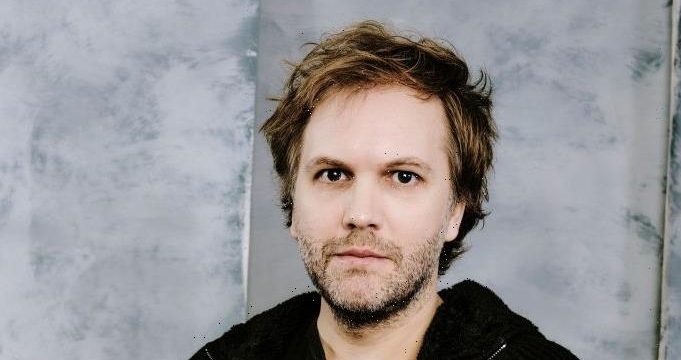There aren’t many filmmakers like Florian Zeller. He’s the rare playwright given a chance to direct the big-screen adaptations of his work. John Patrick Shanley pulled that off with “Doubt,” Aaron Sorkin eventually made the transition from writing “A Few Good Men” to overseeing “Trial of the Chicago 7” and Martin McDonagh has successfully toggled between stage and screen. After that, the list gets thin.
Following the Oscar-winning success of “The Father,” Zeller has found himself in that elite company, and he’s used his newfound clout to bring another play, “The Son,” to the screen. It debuts in Venice before moving to other fall festivals and an eventual U.S. run courtesy of Sony Pictures Classics. And the stories that Zeller is choosing to spin first on stage and now on film are interconnected in many ways. They explore illness and trauma — and the resilient bonds that link families together — with emotional brutality. But Zeller believes that his work has a kind of cathartic effect.
“Great emotions, even when they are cruel or harsh, I find that they’re soothing. Because they allow things stuck in a corner of your soul to come out,” the director told Variety during an hour-long sit-down at Paris’ chic Royal Monceau Hotel. “That’s what cinema is about — to explore one’s pain. It is to me, at least. It reconnects me to my sorrows and helps me heal them.”
“The Son,” written in 2018, is Zeller’s most personal work. It’s part of a trilogy of plays, including “The Mother” and “The Father,” that have been performed around the world. They’re the kind of stories, filled with meaty roles, that have attracted A-list actors. The film adaptation of “The Father” starred Anthony Hopkins, who won an Oscar for the titular role (Zeller won for adapted screenplay with Christopher Hampton). And “The Son” boasts a cast that includes Oscar nominees and winners including Vanessa Kirby, Laura Dern, Hopkins and Hugh Jackman. The film tackles teenage depression and the shattering impact it has on an affluent New York family.
“The Son” will be distributed in France by Orange Studio on March 8.
Unlike “The Father,” which Zeller wrote with Hopkins in mind, the helmer had to be persuaded that Jackman was right for the central role of Peter, a man struggling to help his son while grappling with own his pain caused by a tyrannical father. Jackman pitched himself to Zeller.
“I received an email from Hugh Jackman who tells me, ‘I heard that you’re in the process of working on the adaptation of this play,’” Zeller says. “I know the play, I read it, and if you have already hired an actor, please forget this email, but just know how much I loved your play; but if it’s still open I would like to have a 15-minute meeting with you to explain why I’m the one who should play this role.”
When they met on Zoom, Zeller knew that he had his man. “I saw the man he was as a father and as a son,” he says. He also felt that “there would be the possibility [for Jackman] to do something he hadn’t done before — to be himself in a powerful way, to let true emotions come out, even if it meant to put himself in emotionally difficult places.”
To adapt “The Son,” Zeller teamed up with Hampton and transposed the play’s Parisian setting to New York as a way to “detach it” from his personal experience and make it more universal. But he knew that the central story was one that would strike a chord with audiences, because over thousands of performances in different countries, cultures and languages, the plot and emotional beats had been road-tested.
“Teenage depression doesn’t have a social class or nationality,” Zeller says. “When we created the play, I was surprised to see that so many people — parents — came to talk to us afterwards about their experiences.”
With “The Father” and “The Son,” Zeller is on a mission; he wants to “put people in an active seat, to have them project their own life journey, memories, heart, weak spots and mind.” Only then, he believes, will they be able to heal.
But don’t expect him to adapt “The Mother” just yet. “My project isn’t simply to adapt only my plays. It’s to tell stories that I hope will be beautiful, powerful and speak about us … I like the idea of exploring something that I don’t know yet.”
Read More About:
Source: Read Full Article
